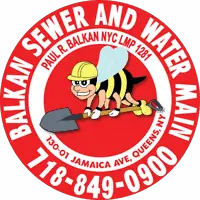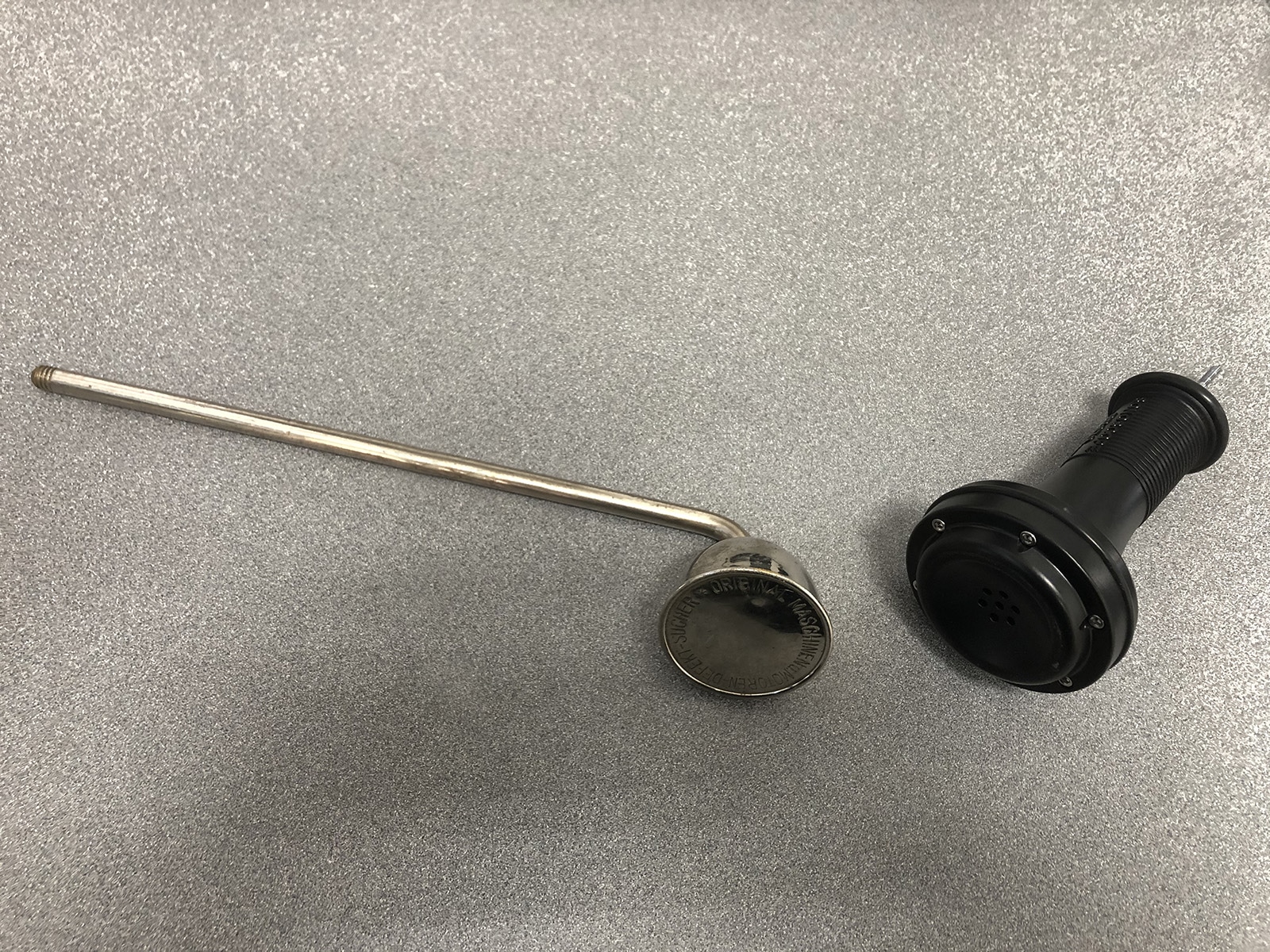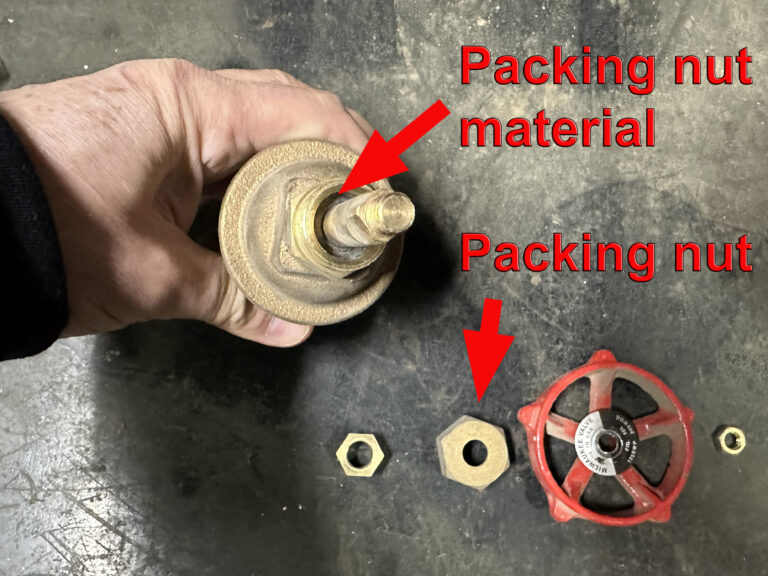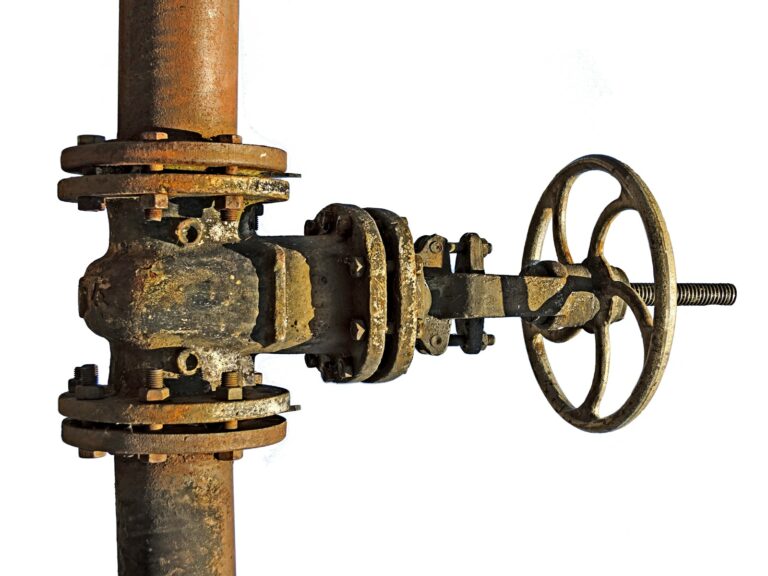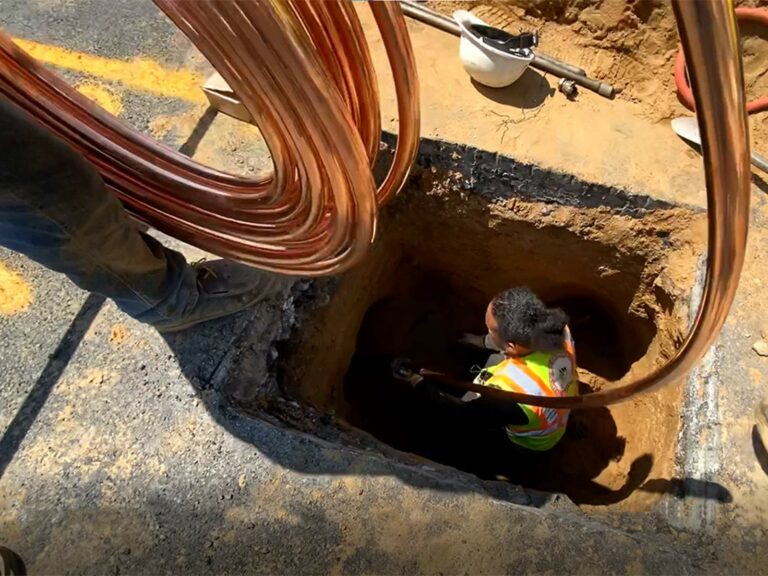Water leak testing has some very basic concepts, but they are not commonly known or utilized. This article will provide you with a relatively foolproof guide for an accurate leak test. Please note that every step must be followed. Even with that said, you should get both a professional plumber and the DEP involved in verifying a leak.
Balkan, along with most NYC sewer and water main contractors provides free site visits, which include a free leak test. Additionally, by calling 311 or using the 311 online system the NYC DEP also provides free on-site leak testing for property owners.
The Common Reasons Water Leak Testing Is Done
Water leak testing may be requested or required for any number of reasons. Contrary to what you may think, frequently it is not due to the sight of leaking running water. Even in the case of a physical leak, it is usually advisable to test to make sure the leak is from your property and to test for the location of the leak. Your water supply system is more complicated than you may think.
Why Leak Testing Is Important
In many cases, a water leak can be mistaken as from your water service line, or inside plumbing, and the reverse may be true. Yet in other cases, a sewer line leak can be mistaken for a water line leak. A sewer leak test may be required in some of these cases.
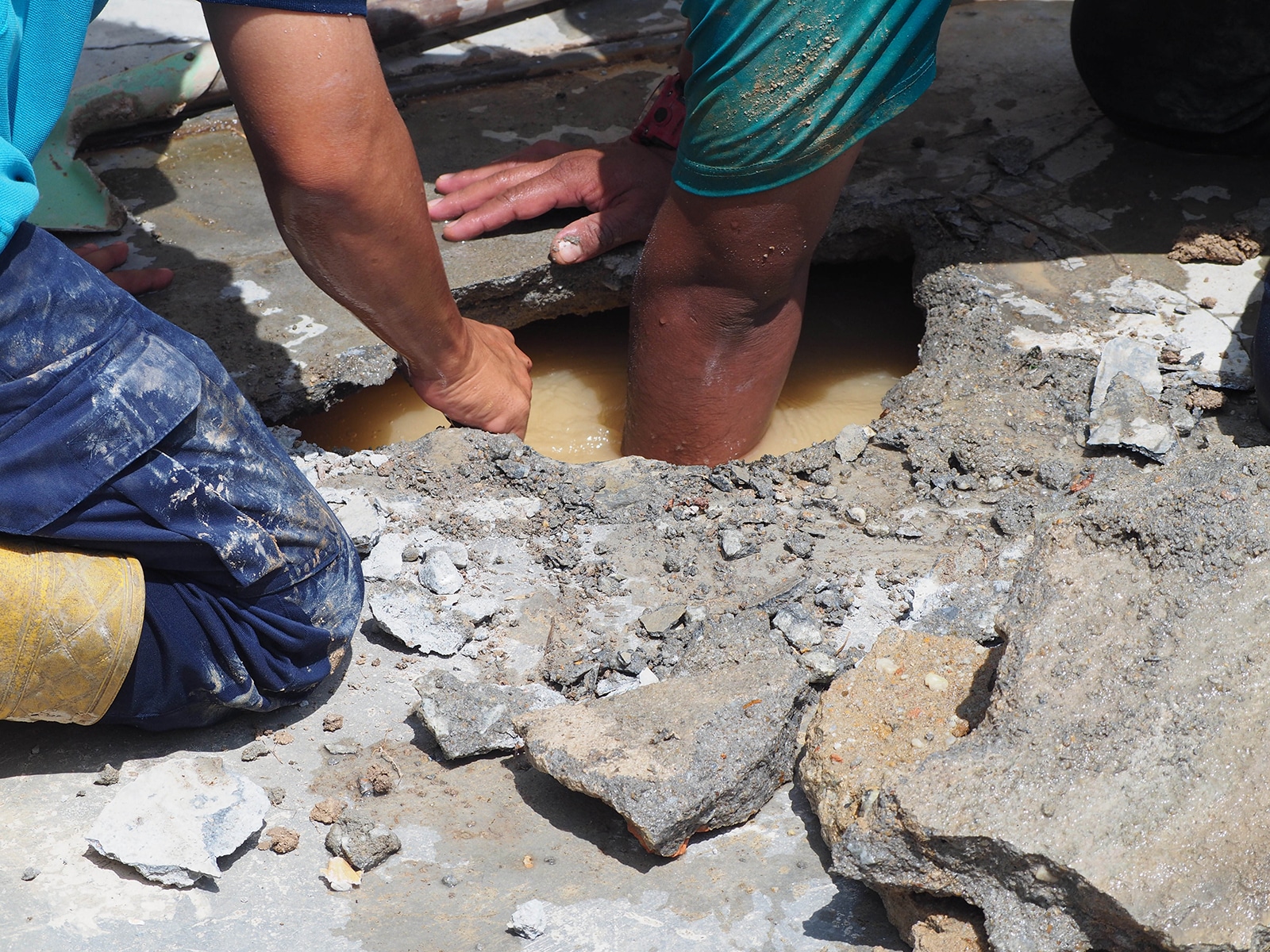
Here are the 6 most common reasons to test for a leak:
- A rumbling sound in your plumbing when water is not being used
- Visible running water outside your property, or in the roadway
- Sink holes or washouts outside your building or home
- Damp spots or puddles on walls or floors inside your home
- A sudden drop in water pressure
- Your water bill suddenly increases for no known reason
Specialty Tools Are Advised For An Accurate Diagnosis
In many cases simply placing your ear on your water service line will result in you hearing the sound of a leak or not. If your water line is in a spot not easily accessible, you can use a metal rod or a screwdriver to extend from your water line to your ear. However, in most cases, it is advisable to utilize a specialized listening device.
A listening device amplifies the sound of a leak and makes water leak testing much more accurate and easy to accomplish. There are more sophisticated and expensive electronic leak detection devices that are not as commonly used.
There is one primary and basic tool used for testing for a water leak. It is called an aqua phone, which looks like the listening end of an old-style telephone. It is fairly accurate and easy to use. An aqua phone magnifies the rumbling or hissing sound that running water makes inside your pipes.
Here at Balkan, our Team utilizes a more sophisticated device, which was devised to listen to motors and engines in manufacturing plants. It is even more sensitive than an aqua phone and has resulted in fewer false positives, or false negatives when testing for a water leak.
A 10-Step Guide For Accurate Test Results
When it comes to accurately determining if you have a water line leak and even which component of your piping system leaks, it is important to follow every one of the following 10 steps. If you take just one shortcut or make just one assumption, you are prone to end up with an inaccurate test finding. Inaccurate water leak testing can lead to needless work, property damage, or a leak being left unattended to.
- When no water is being used by an individual inside your home or building, listen for the sound of running water. Many water meters also have a leak dial. See if any of the dials on your water meter are spinning, or if the meter is registering usage.
- In the case where you hear no sound at all, there is not a leak. If you hear a sound proceed to the next step.
- If the leak dial is moving, or you hear a sound on the line, close the house control valve. This valve is the water valve closest to your inside plumbing, and the farthest valve from the point of entry for your water service line.
- Listen again to your water service line by using a listening device. If the sound stops, you have a leak or a running toilet inside your home or property.
- If the sound does not stop, you may have a leak on your water service line. Further water leak detection and testing are needed. Proceed to the next step.
- You may have a leak on your internal plumbing, piping under your floor, or a running toilet. To test for this type of leak, a further step is needed. Open a faucet on a lower floor, and an upper floor. Let the water fully drain out from your plumbing system.
- Once all water in your piping is drained out, listen to your pipes again. If the sound is now stopped, you have an internal problem. Check for a running toilet or any sign of an internal leak.
- If you still hear a rumbling or hissing sound on your water service line, you almost certainly have a water service line leak.
- Even though your water leak testing is now complete, there are 2 additional important steps. Your plumbing is now full of air, not water. The 1st step allows you to avoid water-hammer. Water-hammer can blow apart your plumbing. To do so, you must slowly open your house control valve only slightly. Let the water flow gently through your piping until your sinks flow smoothly. Slowly open the valve a little more until you have the full flow of water. Then close your sinks, and fully open the valve.
- The very last step entails contacting professionals for a confirmation of your water leak testing determination. If a professional plumber did not do the test, have one do so. Balkan provides free and no obligation site visits and leak tests 7 days a week, and after hours as well. Also, as mentioned above, you can call 311 or send an online 311 request to have a NYC DEP Field Representative test for a leak. The DEP will not fine you, and take any punitive action. They will merely give you a notification to have your leak repaired, or let you know that you do not have a water leak.
Who Is Best Equipped To Perform Water Leak Testing?
Even if you follow the above 10-step leak test guide carefully, water leak testing and detection is best left to a professional. As an example, there are even nuances in what a leak sounds like. One example is that a leak from a neighbor’s water line will sound differently than a leak coming directly from your water line. However, both types of leaks commonly produce a sound when doing a leak test.
Another common error is that leaks from a sewer line can be mistaken for water line leaks. A professional from Team Balkan would know when a sewer dye test is required. Additionally, Team Balkan would know how to expertly perform a sewer dye test as well. In short, if it’s plumbing, and it’s underground, we do it. After over 90,000 clients and over 70 years in business, Balkan is “The Team You Trust”. Contact Team Balkan virtually any time of any day and receive both expert advice and a free on-site visit.
